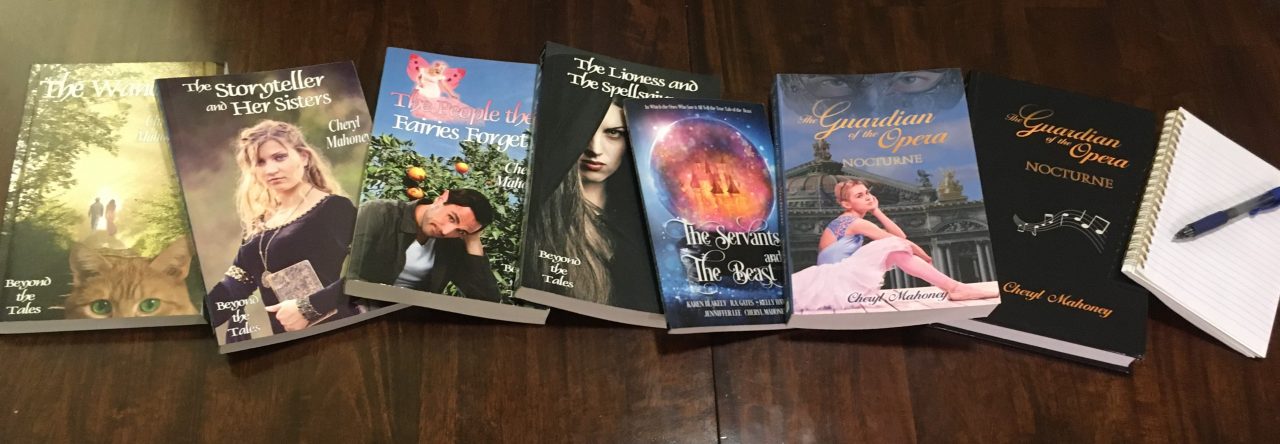 Sometimes I stumble on books in the strangest of ways. Marianne Dreams by Catherine Storr was referenced in a blog article on feminism, and was not cited favorably. All the same, I was so intrigued by the premise—and hopeful that the complaint might be exaggerated—that I read the book anyway.
Sometimes I stumble on books in the strangest of ways. Marianne Dreams by Catherine Storr was referenced in a blog article on feminism, and was not cited favorably. All the same, I was so intrigued by the premise—and hopeful that the complaint might be exaggerated—that I read the book anyway.
Marianne lives in England somewhere during the first half of the twentieth century and, as children did then, falls ill with a fever and must spend weeks in bed recovering. She draws a house with a pencil she finds in her mother’s sewing box—and when she falls asleep, she dreams of the house she drew. She soon realizes that whatever she draws with the pencil will come to life in her dreams, including Mark, a boy more seriously ill than Marianne, and also sinister watching stones Marianne draws in a fit of temper. Marianne and Mark have to work together to regain their health and to escape the dangers in their shared dream.
So it’s a cool premise, right? I love the idea of a character drawing things that come to life, even in dreams. And it’s mostly well-told. Marianne is a little slow to figure out what’s going on, but she’s slow in a not-thinking-clearly-in-dreams kind of way that makes total sense. The sheer mechanics of it all are really interesting and quite nicely done.
The villainous stones (that feels strange to type…) are surprisingly effective too. You wouldn’t think stones with giant eyes would be all that creepy—but they are! They have a nasty, haunting presence that unnerves the children, and is portrayed very well for the reader too.
I enjoyed the illustrations too, and I wish there had been more of them. Where they existed, it was fun to see Marianne’s simple drawings, and then the more elaborate illustrations of the drawings come to life in her dreams.
So I know what you’re wondering—was the book anti-feminist? And…I don’t know. I wouldn’t say that it’s clearly and intentionally anti-feminist, but it is troubling in spots. Mark and Marianne fall into a very irritating habit of Mark being beastly and Marianne apologizing. And while generally he has reasons for being beastly, and Marianne legitimately did something to apologize for, it’s still a rather troubling pattern and annoying to read.
I would probably be willing to let that go and not make too much of it, especially since the book does present a heroine who is literally shaping the world around her…until the last chapter. I would have liked this book so much better if it hadn’t ended with Marianne literally handing her power, in the form of the magic pencil, over to Mark, and then wound up on the last page with Marianne waiting for Mark to come and rescue her. I’m all in favor of equality and friends sharing power and all that…but all things considered, it’s still somewhat troubling!
It’s a pretty enjoyable book…but a little troubling…and kind of makes me want to go read Harold and the Purple Crayon, which after all has a similar premise, and probably won’t give me complicated feminist feelings!!
Other reviews:
SJ O’Hart
Annabel’s House of Books
Anyone else?
Buy it here: Marianne Dreams

Oh darn, yet another classic I haven’t read but will have to now. Intriguing, and an ending I’m wondering what I’ll make of, given your caveat!
Agh, knowing that’s how it ends definitely puts me off reading the book, though it does sound like it has some intriguing (and strange) bits. Speaking of anti-feminist, I’m currently reading Peter Pan to my son, a book I never read as a child — and the simpering “women are just totally fulfilled by taking care of men” message is bugging me no end. Wendy is just sighing with delight at the prospect of darning dozens of socks. I don’t think my 8-year-old even notices though. He’s just in it for the pirates.
Thanks for linking to my review at the end of your post. I first read ‘Marianne Dreams’ as a child, and I think a lot of the points you raise can be ‘explained’ by the fact the book was written in the 1950s. I hate the ending – it *is* a total copout and a real let-down after such a good story – but I still love the book, and the memories it has for me. Thanks for your review; I enjoyed reading it.
When was this book written? By a male or female author? The ending sounds pretty much like a sell-out. Why does Marianne give the pencil to Mark? (Guess I need to read the book to find out, hmm?) Was there any female character in “Harold and the Purple Crayon”? No problem with feminist feelings there, but no female protagonist there, either, as I recall! 🙂